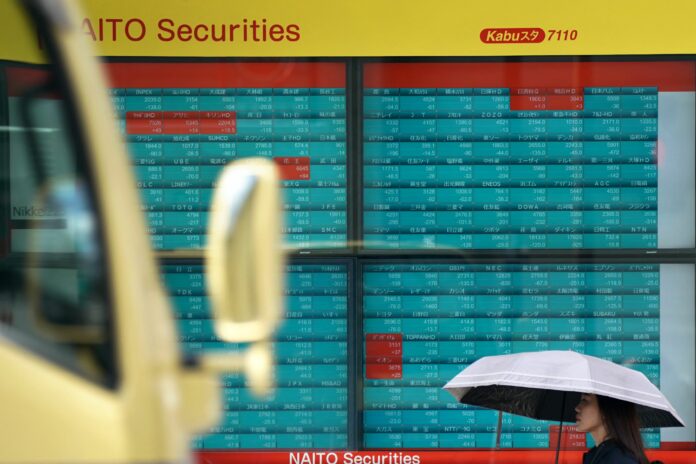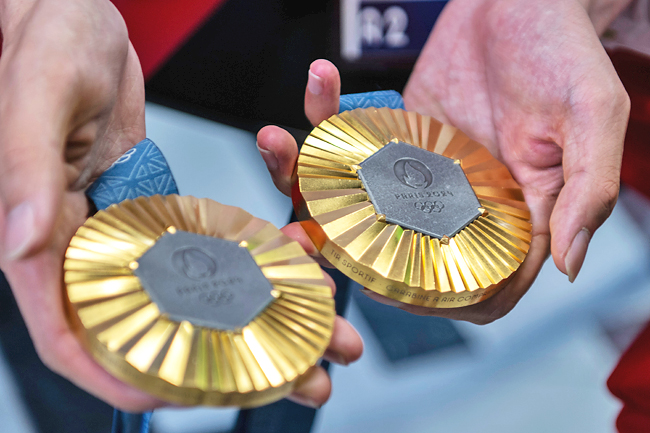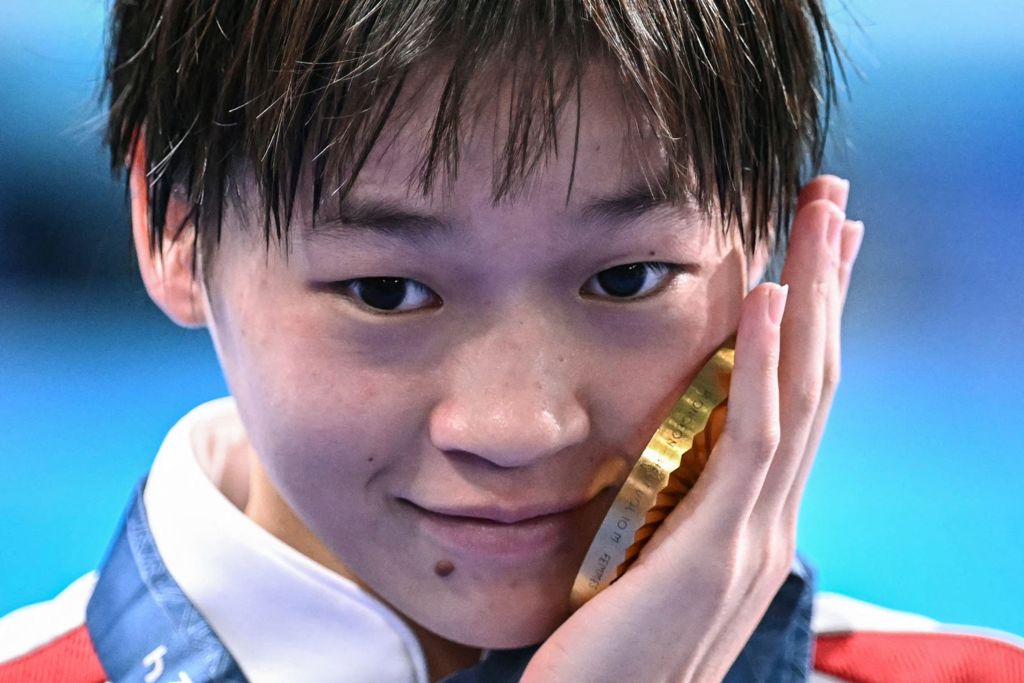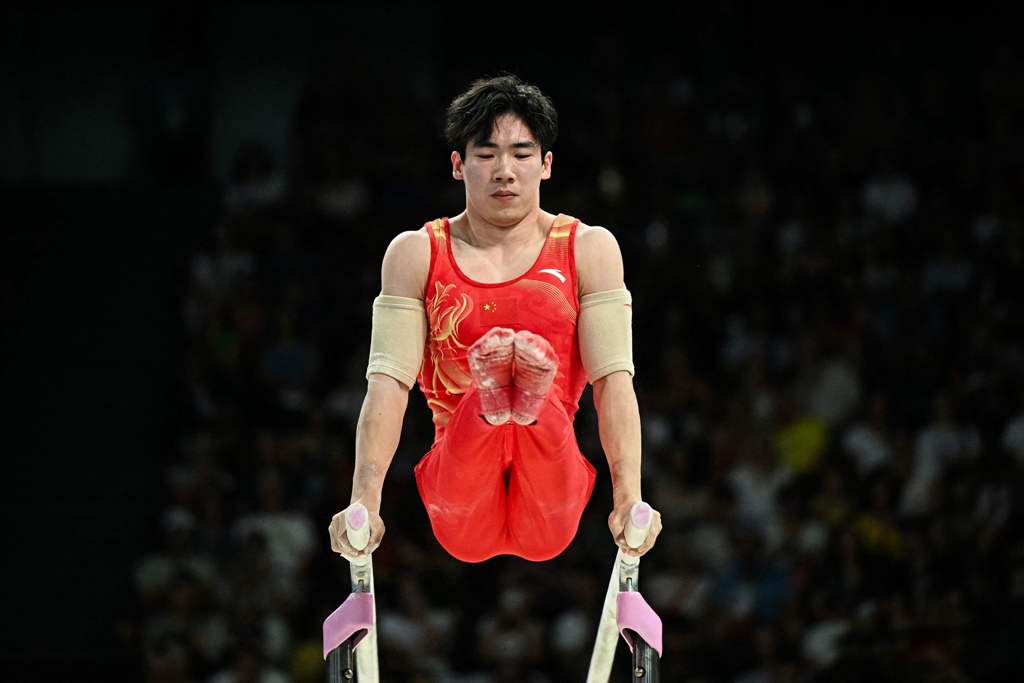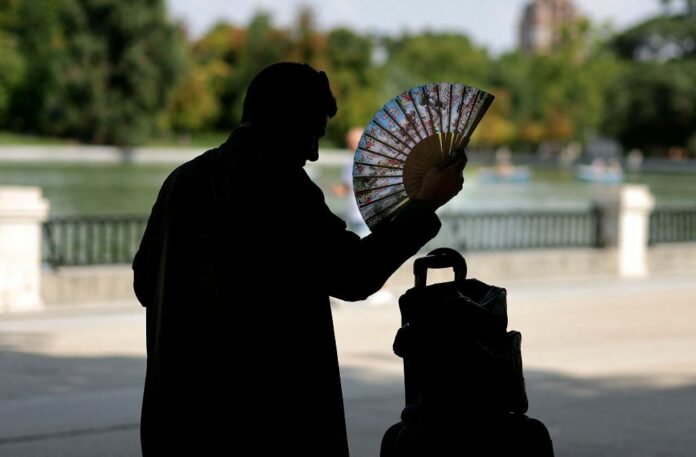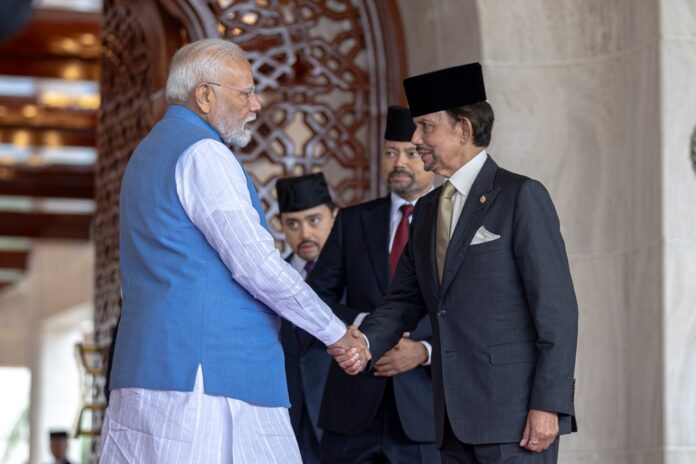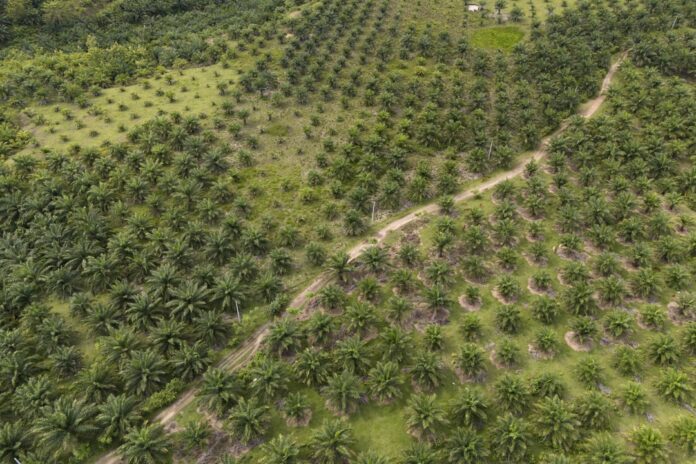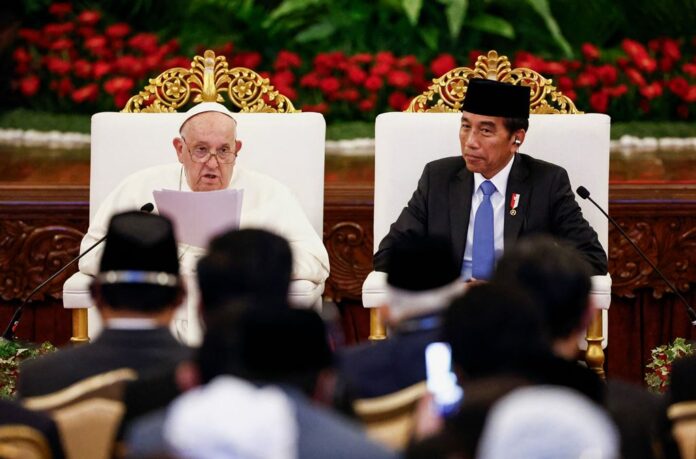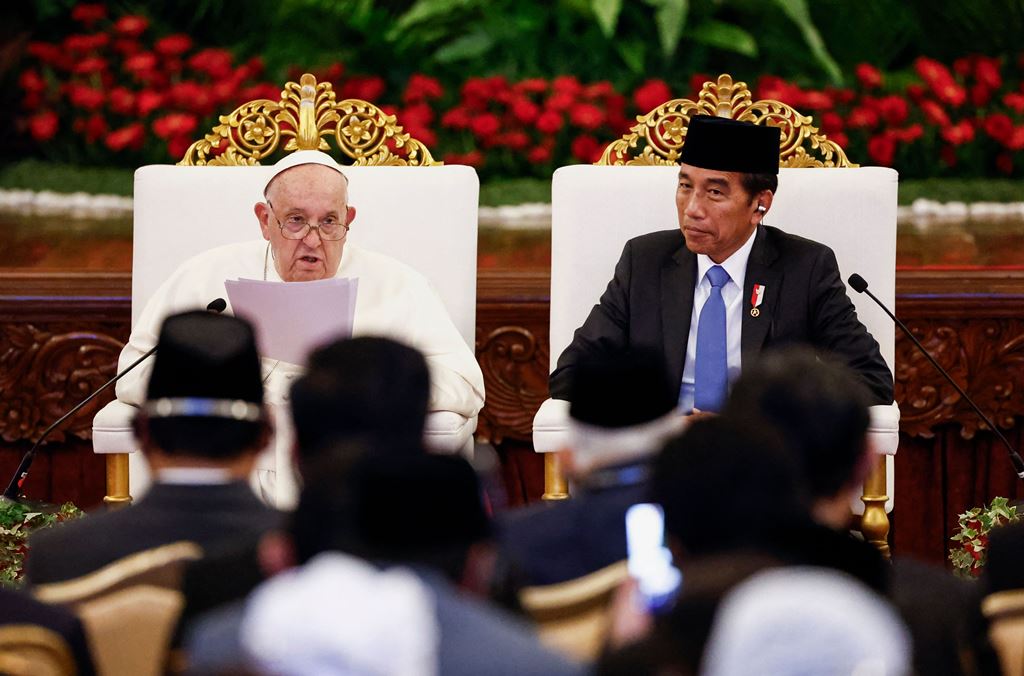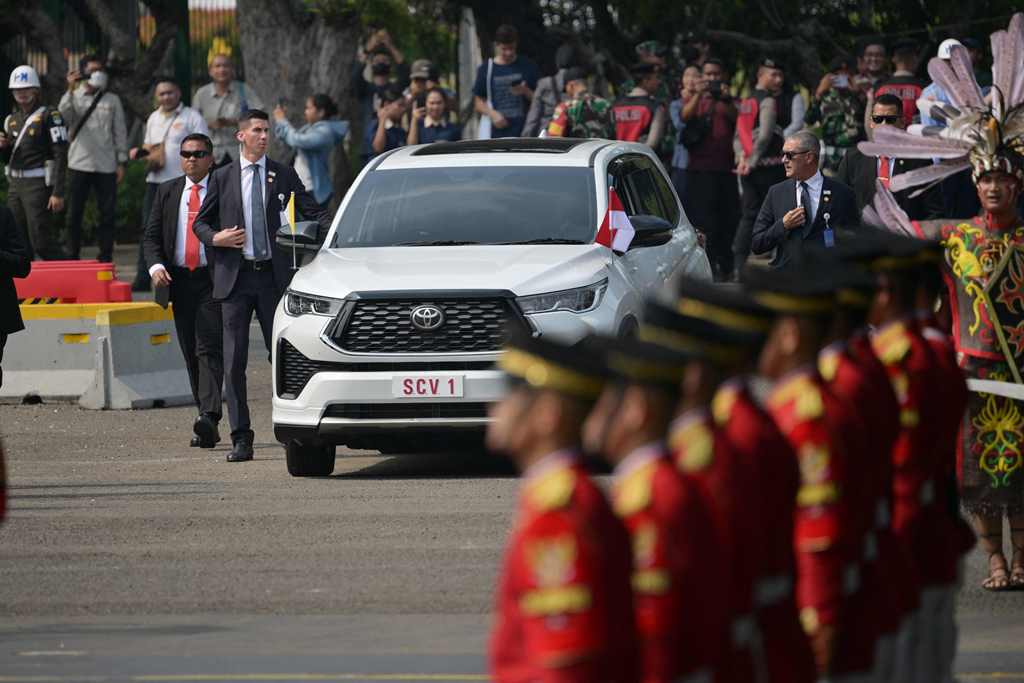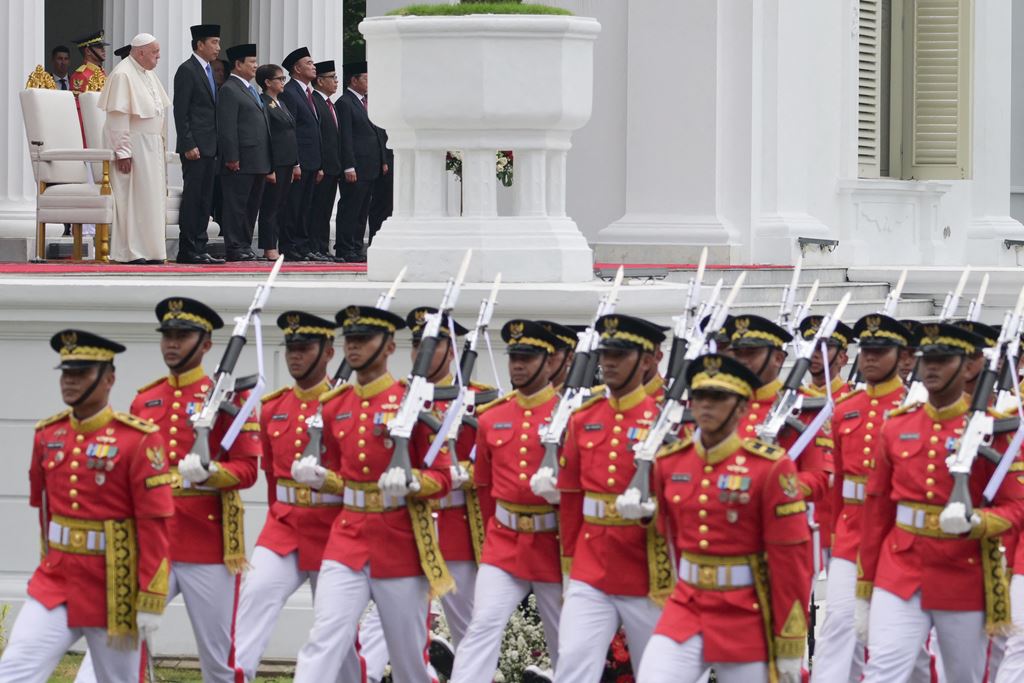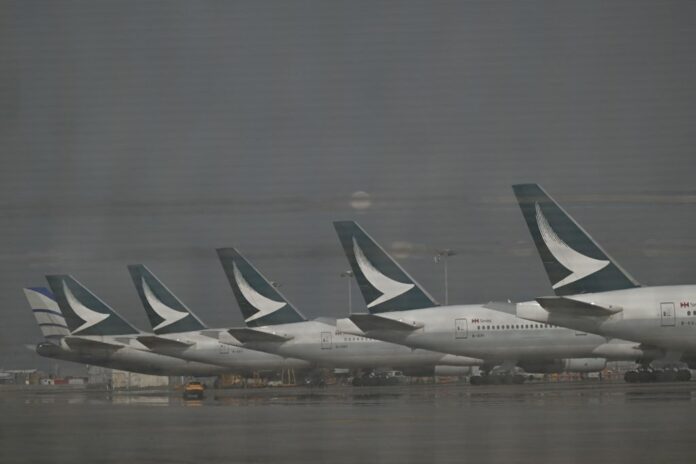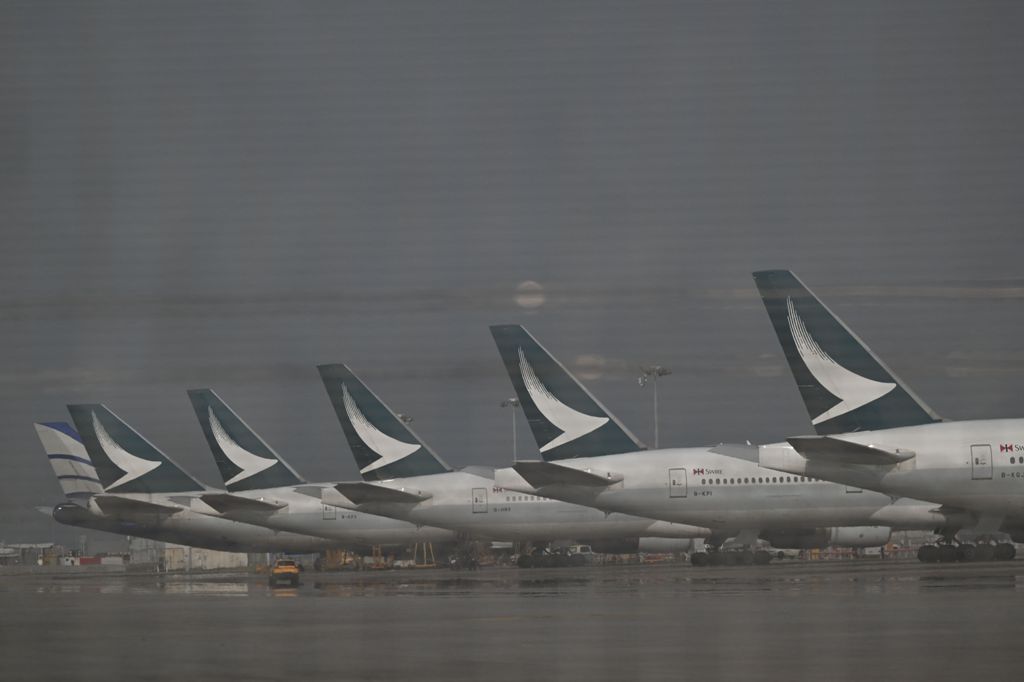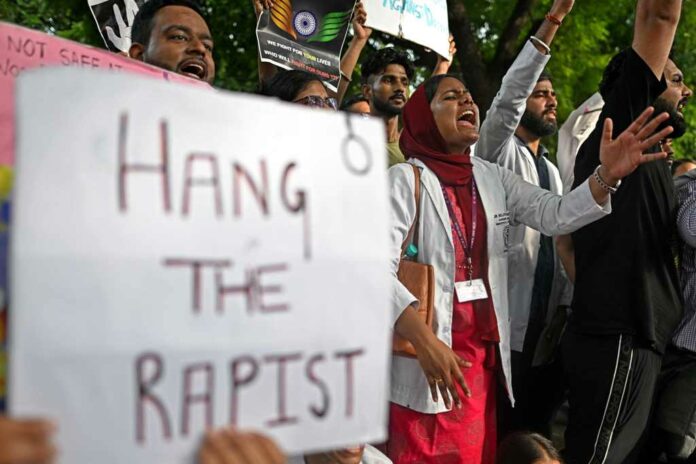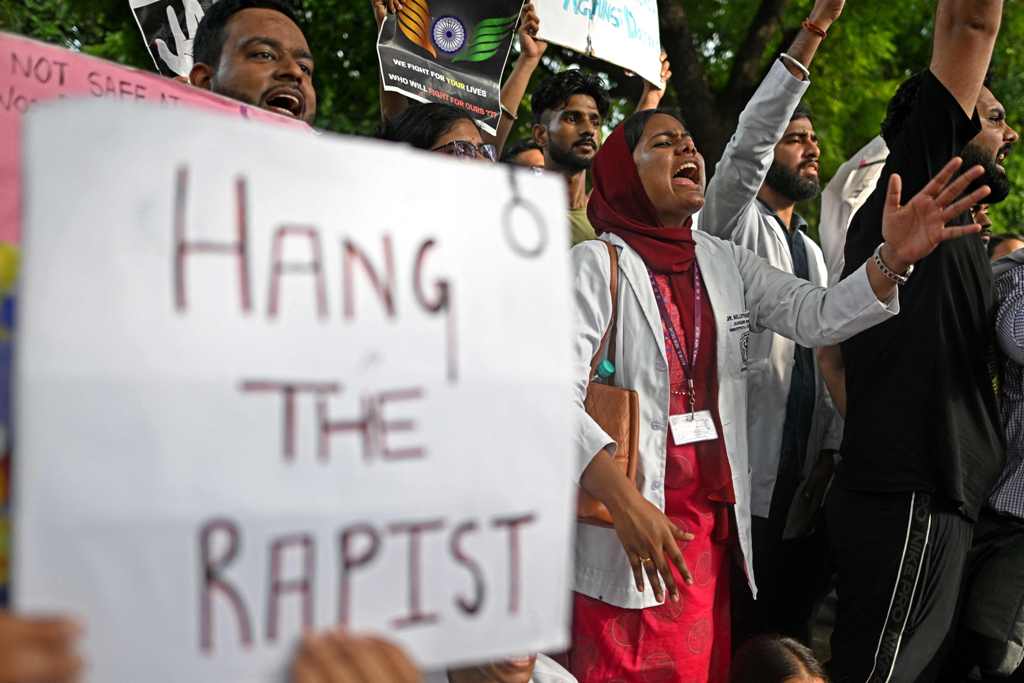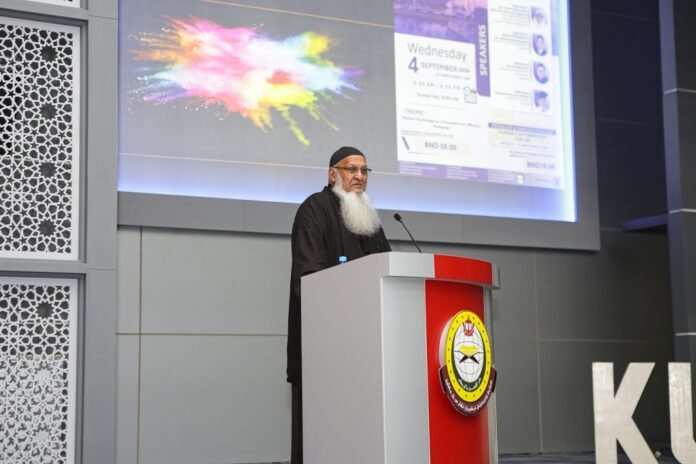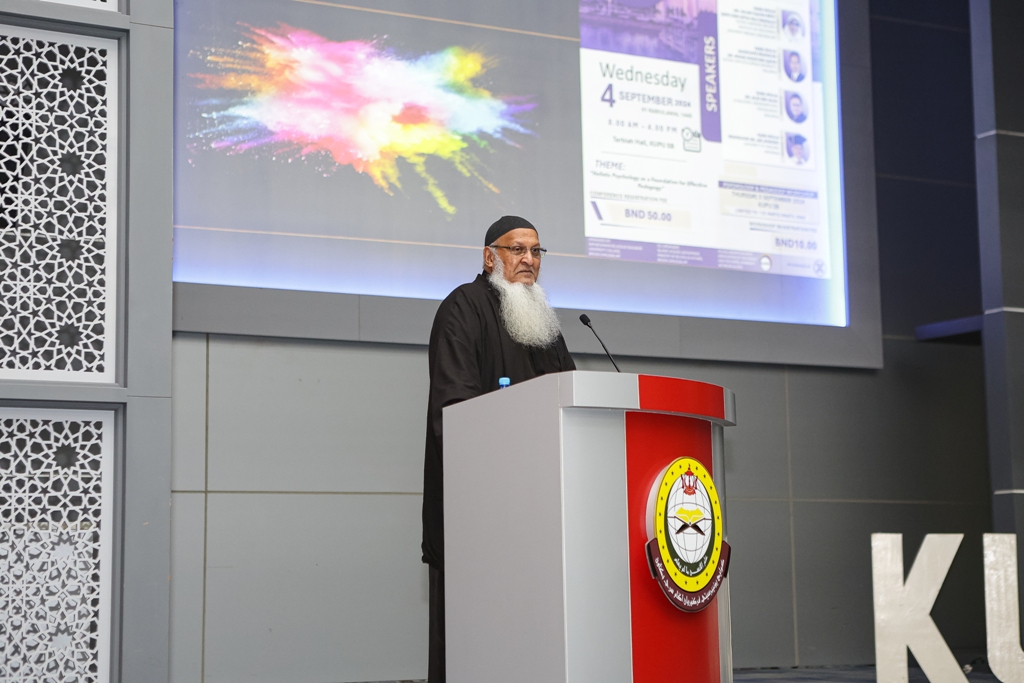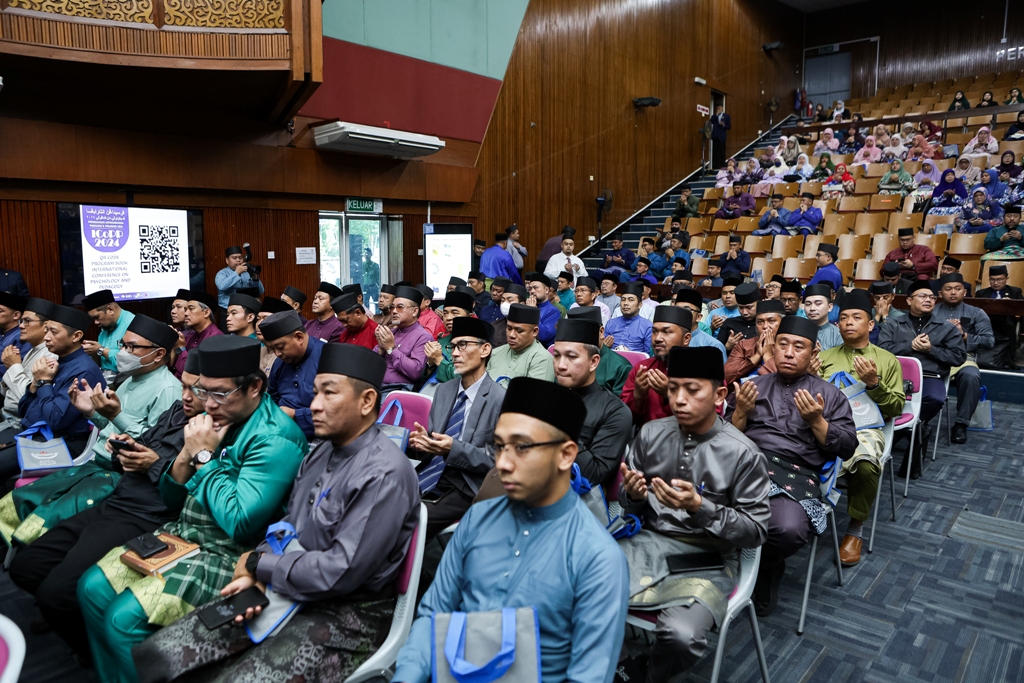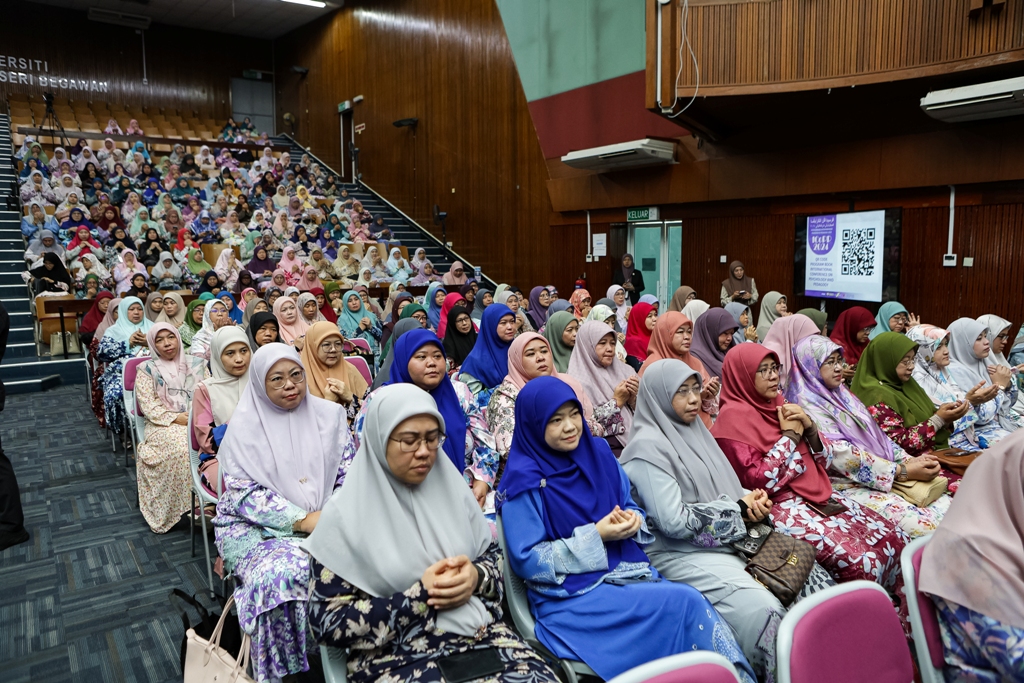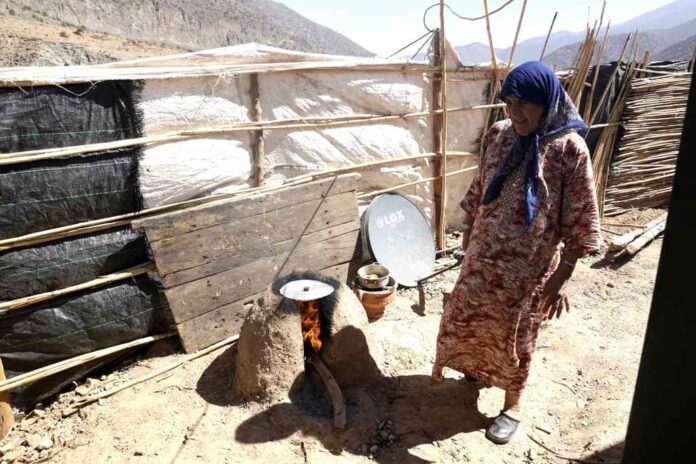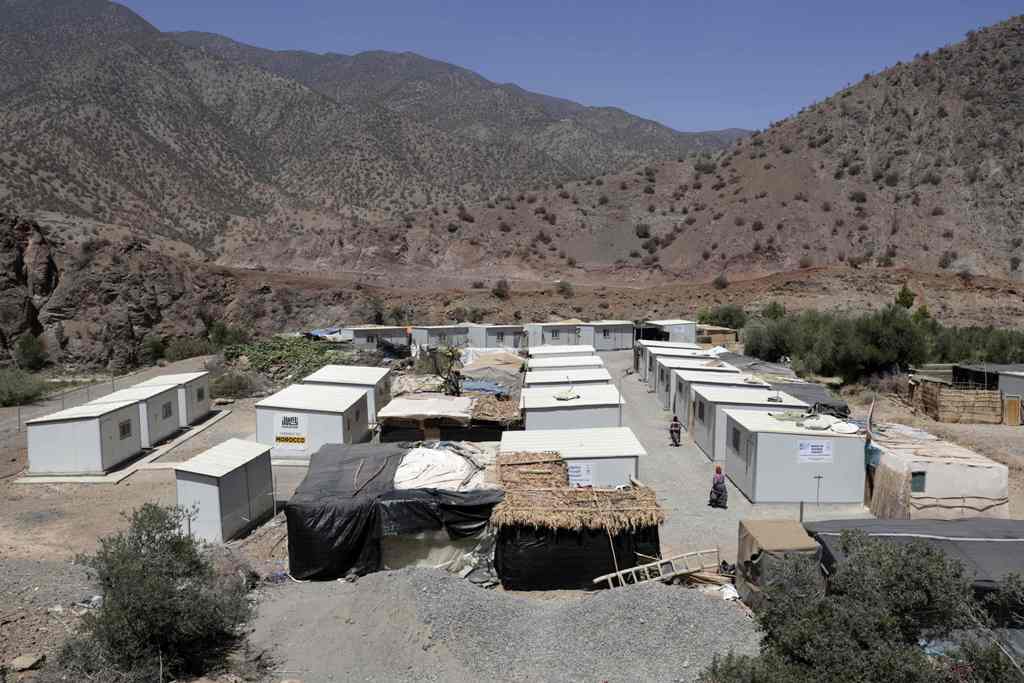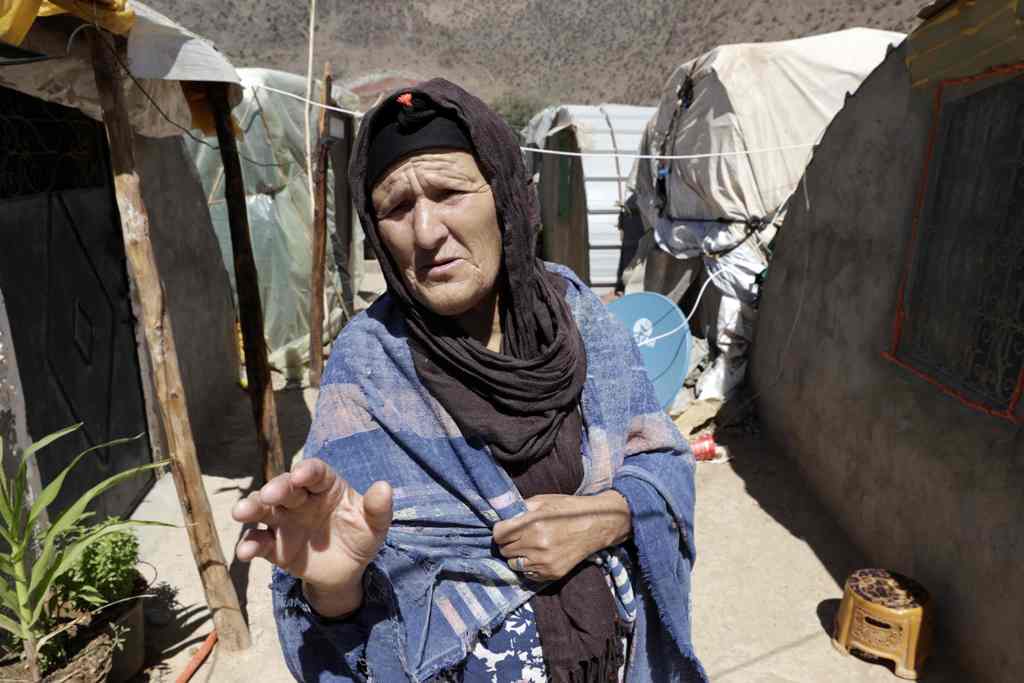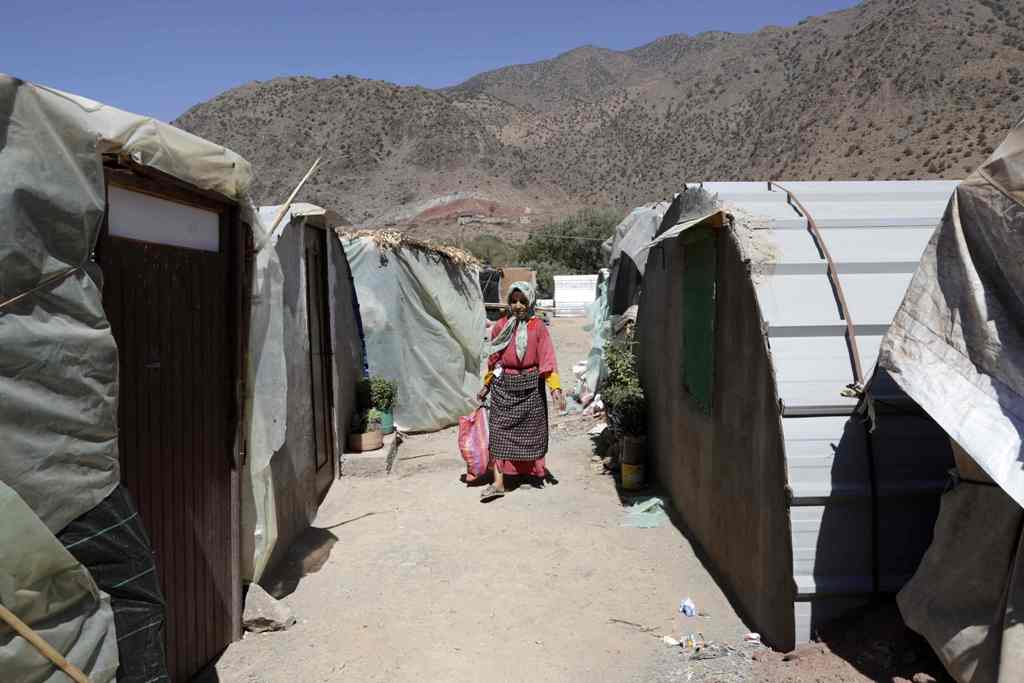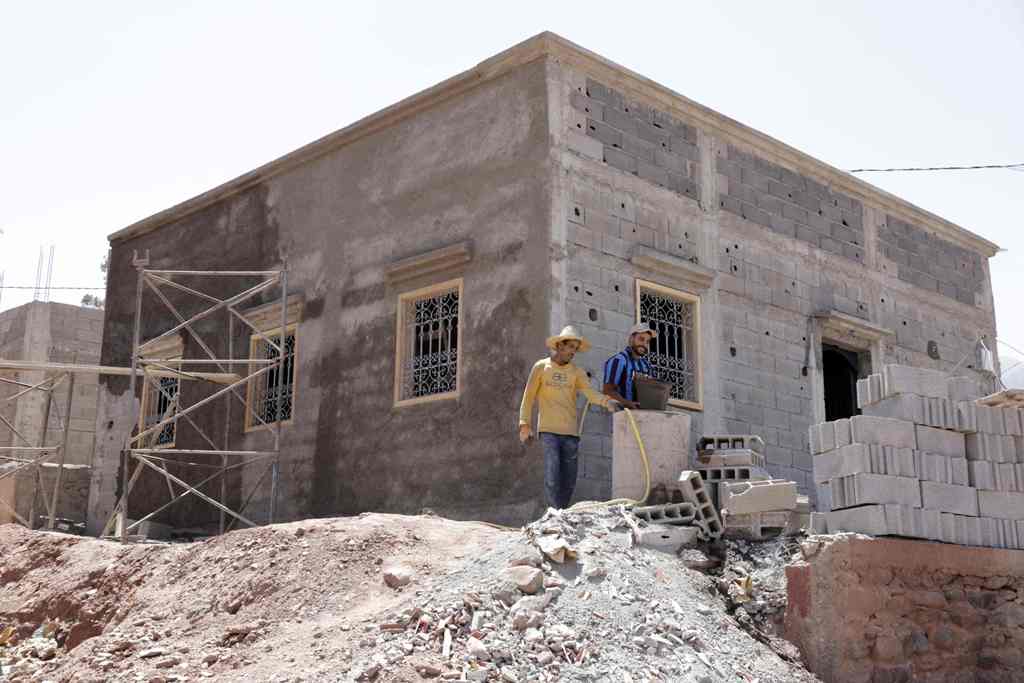HONG KONG (AFP) – Tech firms led a plunge across Asian markets Wednesday after a rout on Wall Street fuelled by a collapse in chip titan Nvidia and disappointing data on US factory activity that revived recession fears.
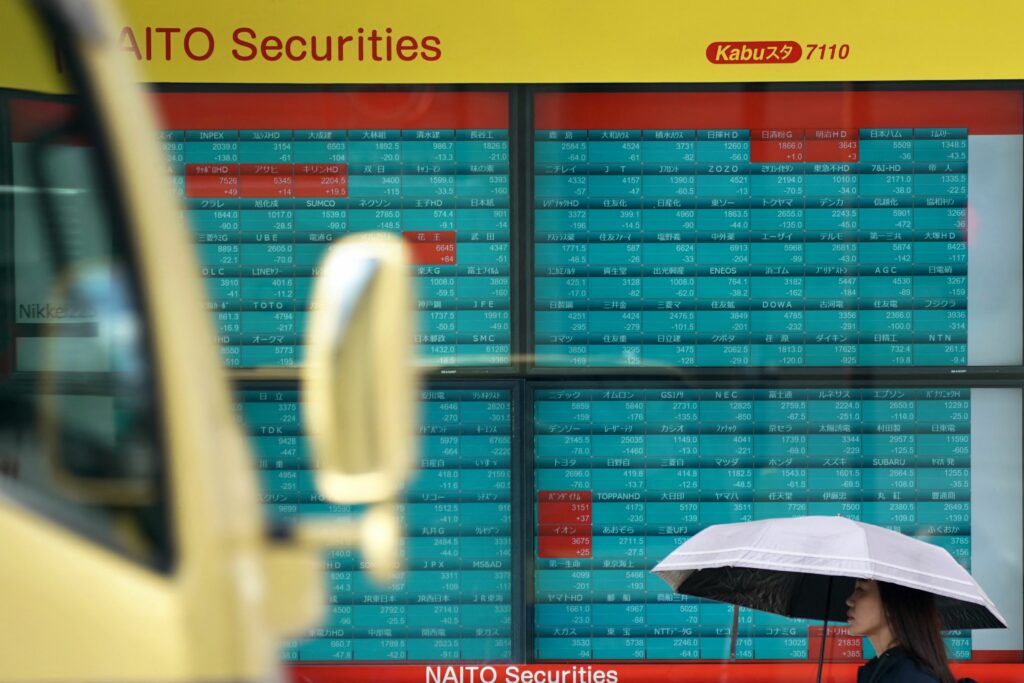
The sight of investors running to the hills sparked memories of the brief but tumultuous sell-off at the start of August that was partly fuelled by a big miss on US jobs creation.
All three leading indexes in New York ended sharply lower on Tuesday, with the Nasdaq the main casualty – diving more than three per cent – as traders dumped big-name tech firms including Apple, Alphabet and Amazon.
But the biggest loser was AI chip leader Nvidia, which tanked 9.5 per cent – shedding almost USD280 billion of its value – on fears that the surge in firms linked to artificial intelligence may have run too far.
That came amid a warning that spending on all things AI by companies in recent years would need to be justified unless demand outside of the tech realm picked up and that it could take some time to begin paying off.
Adding to the pain, it emerged after US markets closed that US authorities had issued Nvidia and other firms subpoenas as it probes claims they violated antitrust laws.
The selling filtered through to Asia, where tech and chip firms took the brunt of it.
Japan’s Advantest plunged 7.7 per cent and Tokyo Electron more than eight per cent, while Sony lost three per cent.
TSMC shed more than five per cent in Taipei, with SK hynix dumping eight per cent in Seoul and Samsung more than three per cent off.
“Now investors are starting to question if the return on investment is coming through,” Randy Abrams at UBS Global Asset Management told Bloomberg TV.
“They are a bit nervous as some of the macro data is not as strong.”
Asian markets sank deep into the red.
Tokyo and Taipei each dived over four percent, while Seoul was more than three percent lower. Hong Kong, Sydney and Singapore and gave back more than one percent while Shanghai, Bangkok and Mumbai were also down.
London opened on the back foot, while Paris and Frankfurt also fell.
Worries about the US economy burst back onto the scene after figures showed a marginal improvement in factory activity in August but it still remained in contraction for a fifth successive month.
The figures come days before a closely watched report on non-farm payrolls, which could have a big impact on Federal Reserve officials’ decision-making going into next week’s policy meeting.
The bank is expected to cut interest rates but the debate surrounds how big it will go, with most tipping a 25-basis-point reduction but a below-forecast reading seen boosting the chances of a 50-point move.
While weaker readings on jobs and the economy have in the recent past been seen as positive owing to the chances of the Fed cutting rates, analysts warned that the bad news was now being taken as a worrying sign for the economy.
“A 50-basis-point cut might not be the market’s best friend if it shows up alongside signs of labour market weakness,” said independent analyst Stephen Innes.
“In that scenario, those cuts could be viewed less as a soft landing cushion and more as a last-ditch effort to steer clear of a full-blown economic crash.”
However, Moody’s Analytics’ Katrina Ell added: “The critical data points will remain related to the labour market and inflation. We maintain our view that next week’s reduction will be 25 basis points.
“There’s no need to move more aggressively at this stage. The labour market remains relatively resilient with the unemployment rate being pushed higher by expanding labour supply, rather than job shedding. That’s an important distinction.”
The chances of a bigger Fed rate cut pushed the dollar down against the yen, which had already been given a boost Tuesday by comments from Bank of Japan boss Kazuo Ueda, who said it could hike rates again if the country’s economy and inflation perform as expected.
Oil extended losses after the previous day’s heavy selling sparked by demand worries linked to a weak Chinese economy and questions over the US outlook, while OPEC’s consideration of output hikes added to the pain.

